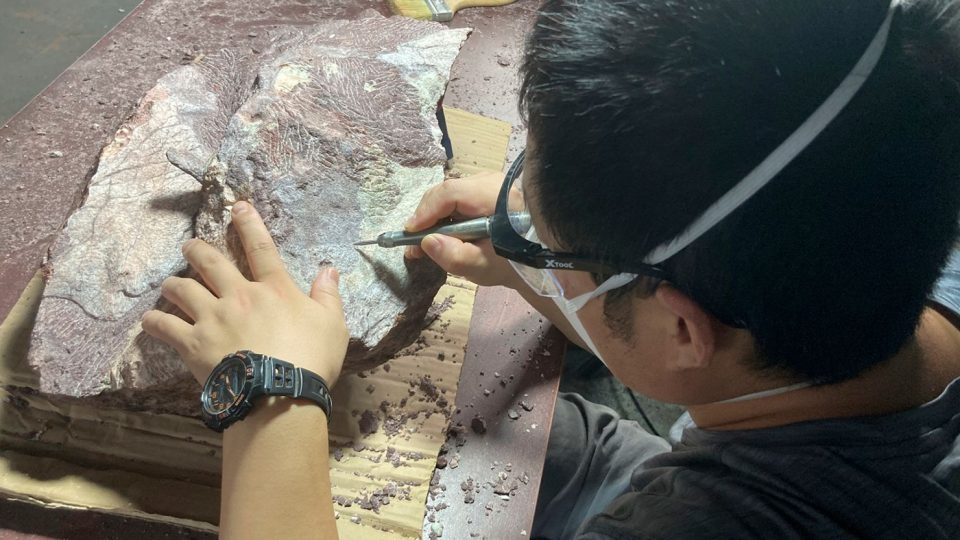For the first time, dinosaur fossils have been discovered in Hong Kong, found on Port Island, a remote and rocky area in the northeastern waters of the city. The discovery was announced by Hong Kong’s Agriculture, Fisheries and Conservation Department, which made the find in March.
Researchers determined that the fossils likely originated from a “large aged dinosaur” from the Cretaceous period, which spanned from over 145 million to 66 million years ago. Secretary of Development Bernadette Linn noted the significance of the discovery, stating it provides valuable evidence for studying palaeoecology in Hong Kong.
Port Island has been recognized as a site of special scientific interest since 1979 and is part of Hong Kong’s UNESCO Global Geopark, aimed at education and sustainable development.
Further studies are needed to identify the dinosaur species accurately, and as a result, Port Island and the surrounding country park will be closed for excavations. The fossils will be displayed at Hong Kong’s Heritage Discovery Centre starting Friday. Paleontologists regard this discovery as crucial for Hong Kong, given its complex geological history.
Michael Pittman, an assistant professor of life sciences at the Chinese University of Hong Kong, emphasized the rarity of such findings in southern China, which is typically known for dinosaur eggs rather than skeletal remains.
While previous discoveries in the region have included plant and fish fossils from the dinosaur era, the finding of bone fossils is significant. Since 2020, researchers from the Chinese Academy of Sciences have been excavating dinosaur remains in Yunnan province, while earlier this year, fossils of a new dinosaur species were found in Jiangxi province.
It remains uncertain how long Port Island will be off-limits to the public. Pittman suggested that if further fossils, like a complete dinosaur skeleton, are uncovered, researchers may need additional time to study the site in subsequent years.
Credit: CNN





